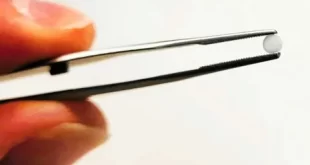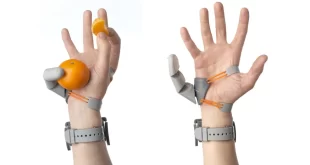Through funding from FWO and ERC-CoG project SUPERSTARS-3D (PI Sundqvist), we advertise 2 PhD positions to join the team of Prof. Jon Sundqvist at the Institute of Astronomy, KU Leuven, Belgium. Selected candidates will also collaborate closely with other teams at KU Leuven as well as with a broad massive-star research community including colleagues spread around the world (e.g., the ULYSSES working-group). We actively support equal opportunities and diversity, and highly encourage female candidates or other minority groups to apply.The Institute of Astronomy (IoA) of KU Leuven (www.ster.kuleuven.be) is a young and vibrant research group of some 90 scientists, engineers, and administrative staff, including 6 full-time and 3 part-time professors. The institute is an expertise center in stellar physics and is active in several international consortia and collaborations. Crucial for this project; all members of IoA have access to parallel and supercomputing facilities. The IoA is further responsible for the organisation of the 2-year Master in Astronomy & Astrophysics of the Faculty of Science and owns the 1.2m Mercator telescope at Roque de los Muchachos, La Palma Observatory, Canary Islands.
Website unit
Project
- Model Development: Improve our current modelling techniques for computational radiation-hydrodynamics in supersonic media, as well as for calculation of synthetic observables by means of 3D radiative transfer. Both of these tasks use methods that are quite general, with applications also well outside the domain of massive stars. Additional components regard implementation of new modules into our general computer-code packages, and efficient merging of the different modeling platforms.
- Analysis: Calculation and careful analysis of our first-gen 3D hydro-simulations of massive stars in various evolution stages. Using these to compute model spectra, light-curves, and images. Compare to previous results from 1D models. Critically confront with state-of-the-art observational data. Obtain constraints on key parameters. Evaluate results and impacts.
Profile
PhD applicants should hold (before start-date of the position) a M.Sc. degree in astrophysics, physics or mathematics or else own an equivalent diploma. Proficiency in English is required for all applicants. Interests in computational (astro)physics and analytic/numerical model-development and computer-coding are general assets. Experience in astrophysical radiative transfer and/or hydrodynamics are additional assets.
Offer
Interested?
For more information please contact Prof. dr. Jon Sundqvist, tel.: +32 16 32 70 24, mail: jon.sundqvist@kuleuven.be or Mrs. Clio Gielen, tel.: +32 16 37 46 28, mail: clio.gielen@kuleuven.be.
KU Leuven seeks to foster an environment where all talents can flourish, regardless of gender, age, cultural background, nationality or impairments. If you have any questions relating to accessibility or support, please contact us at diversiteit.HR@kuleuven.be.
Job Features
| Job Category | Doctorat |
 Etudes Non Stop Study Non Stop
Etudes Non Stop Study Non Stop



